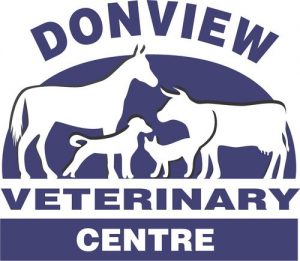We are currently looking for a Qualified RVN to join the team at our award winning practice in Inverurie.
This is a great opportunity for the right candidate to join our team of 11 Vets, 6 RVNs, 2 ANAs and support staff. We are a busy practice with great facilities and we strive for excellence in clinical care; an opportunity for a VN to increase their skills whilst supported by a very experienced team of nurses.
The ideal candidate will be keen to develop their skills and help us continue to deliver excellent clinical care for our patients. Someone who likes working as part of a team and has a natural enthusiasm for the work. Our nurses also deal face to face with the public so a desire to communicate well with our patients owners would be ideal! CPD funded and encouraged.
Please take a look at our website to find out more about the practice! http://ift.tt/1k5ASiU
We will consider applicants looking for full or part time work.
Please apply by emailing your CV and a covering letter to Jennifer O’Connor, Head Nurse, jennifer@donviewvets.co.uk. Closing date 14/9/17.
from Donview Veterinary Centre http://ift.tt/2gl968S
via IFTTT



